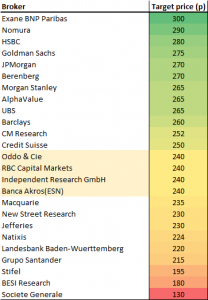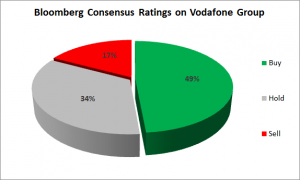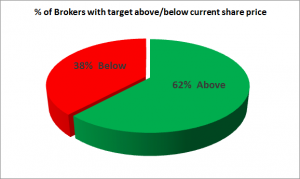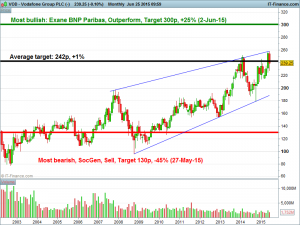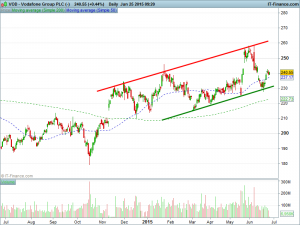All the kids come out to quad-play
The European telecommunications industry is experiencing a consolidation period at the moment as operators scramble to combine internet, mobile, television and fixed line services into one simple package known as quad-play. Let’s face it, you’ve probably been getting (and binning) reams of junk mail offering you just that.

